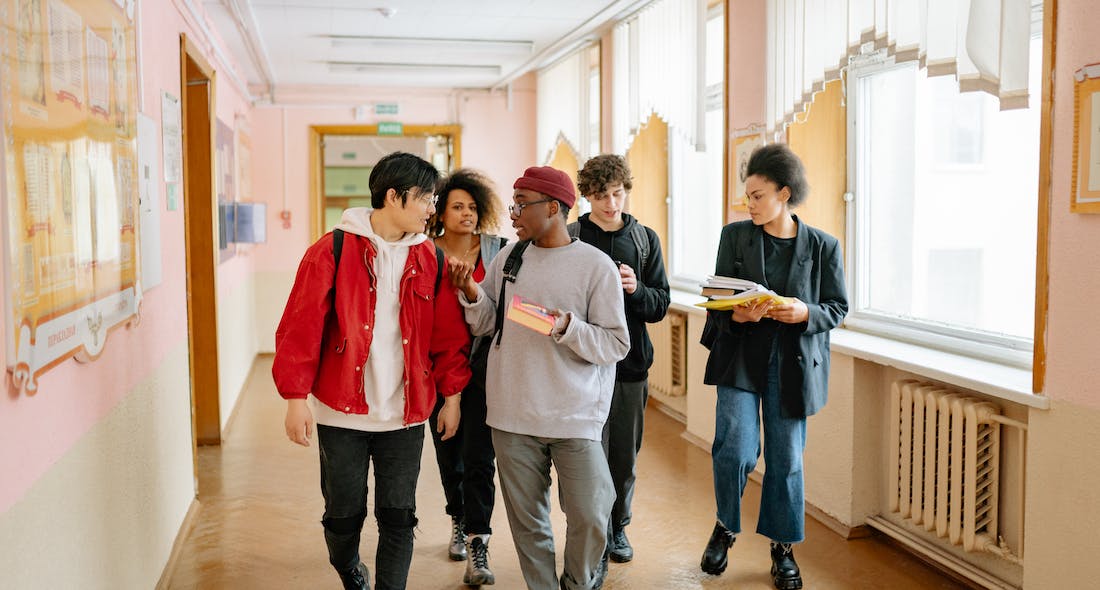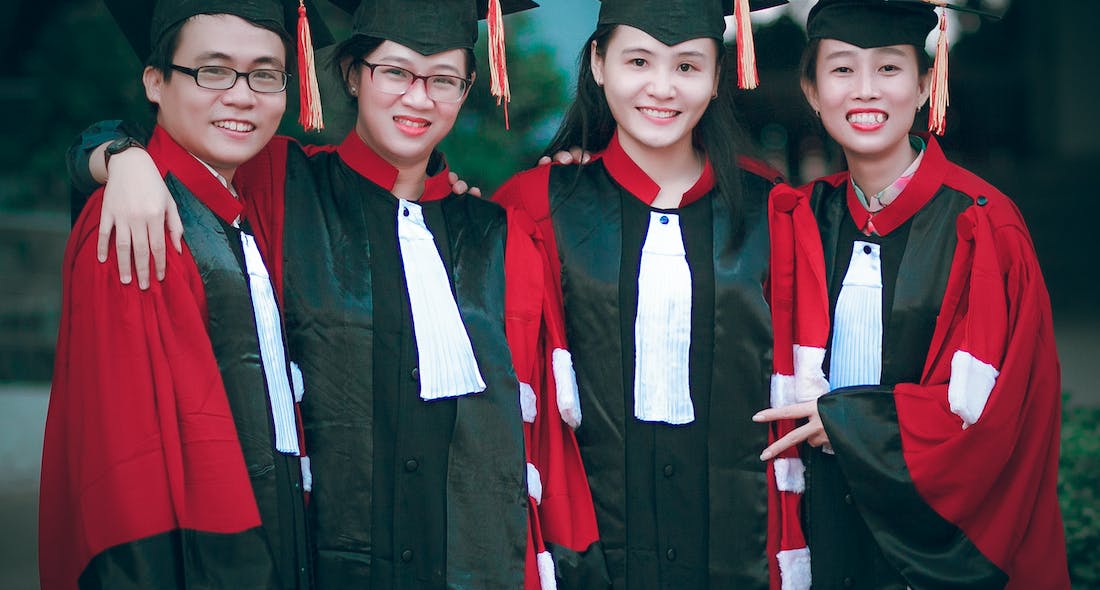Study in Malta
Ultimate Guide for International Students
Malta Overview
Rich History and Culture:
Malta boasts a rich history spanning thousands of years, with influences from various civilizations such as the Phoenicians, Romans, Arabs, and Knights of St. John. The legacy of these diverse cultures is evident in Malta’s architecture, language, and traditions, creating a fascinating tapestry of heritage.
Geographical Diversity:
Despite its small size, Malta offers diverse landscapes, including rocky coastlines, sandy beaches, and rolling countryside. The Mediterranean climate ensures mild winters and hot summers, attracting visitors year-round to explore its natural beauty.
Why Malta is a Prime Destination for Education:
Malta’s educational institutions offer a high standard of education, with a focus on internationalization and innovation. The country’s strategic location in the heart of the Mediterranean makes it an attractive destination for students seeking cultural immersion and academic excellence.
Student Life and Living Conditions in Malta
Cultural Integration and Social Life: Malta’s vibrant social scene blends traditional Maltese culture with a cosmopolitan atmosphere. Students can participate in cultural festivals, explore historical sites, and enjoy the island’s lively nightlife while forming lasting friendships with locals and fellow international students.
Detailed Cost of Living Analysis: Accommodation:
EUR 300 – 800 per month. Food: EUR 150 – 300 per month. Transportation: EUR 26 – 45 per month. Healthcare: Covered by the European Health Insurance Card (EHIC) for EU/EEA students; private health insurance recommended for non-EU/EEA students.
Support Services:
Language Assistance: Language courses and language exchange programs. Mental Health Resources: Counseling services provided by educational institutions and community organizations. Legal Aid: Access to legal advice and assistance through student support services. Career Counseling: Guidance on career development and job opportunities available through universities and career centers.
Details about Study in Malta
Academic Excellence and Innovation:
Malta’s universities and colleges offer a diverse range of academic programs, including undergraduate and postgraduate degrees, as well as vocational courses. Institutions like the University of Malta uphold high academic standards and promote research and innovation in various fields.
Global Student Community:
Malta attracts students from around the world, creating a multicultural learning environment enriched by diverse perspectives and experiences. Collaborative projects, cultural exchanges, and international events contribute to a dynamic academic community.
Scholarship and Financial Aid Options:
Malta Government Scholarships:
Merit-based scholarships for undergraduate and postgraduate studies. Erasmus+ Programme: Exchange opportunities and scholarships for EU/EEA students.
Private Scholarships:
Offered by universities, organizations, and foundations to support students with financial need or academic merit.
Can I study free in Malta?
Malta does not offer tuition-free education for international students. However, scholarships and financial aid options are available to eligible students to help cover tuition fees and living expenses.
Research Places in Malta
University of Malta:
Research centers and institutes across various disciplines. Malta College of Arts, Science and Technology (MCAST): Applied research in technology, engineering, and creative industries.
Institute of Tourism Studies (ITS):
Research focusing on tourism, hospitality, and sustainable development.
Applying for a Student Visa in Malta
Step-by-Step Visa Application Guide:
Secure Admission to an Accredited Educational Institution. Apply for a Student Visa (Type D) through the Maltese embassy or consulate in your home country. Provide Required Documentation (passport, letter of acceptance, proof of funds, etc.). Undergo a Medical Examination, if necessary. Wait for Visa Approval. Visa Policies and Regulations: Visa Duration: Typically corresponds with the duration of the study program. Visa Renewal: Possible for students continuing their studies. Embassies and Consulates: Contact the nearest Maltese embassy or consulate for visa inquiries and assistance.
Work Opportunities for Students in Malta
Working While Studying:
Part-time work allowed for students with a valid residence permit. Maximum 20 hours per week during the academic year; full-time during scheduled breaks. Career Pathways Post-Graduation: Explore job opportunities in Malta’s growing industries, including tourism, finance, and information technology. Consider extending your stay through work permits or residency schemes for skilled workers. Networking opportunities through internships, professional associations, and career events.










